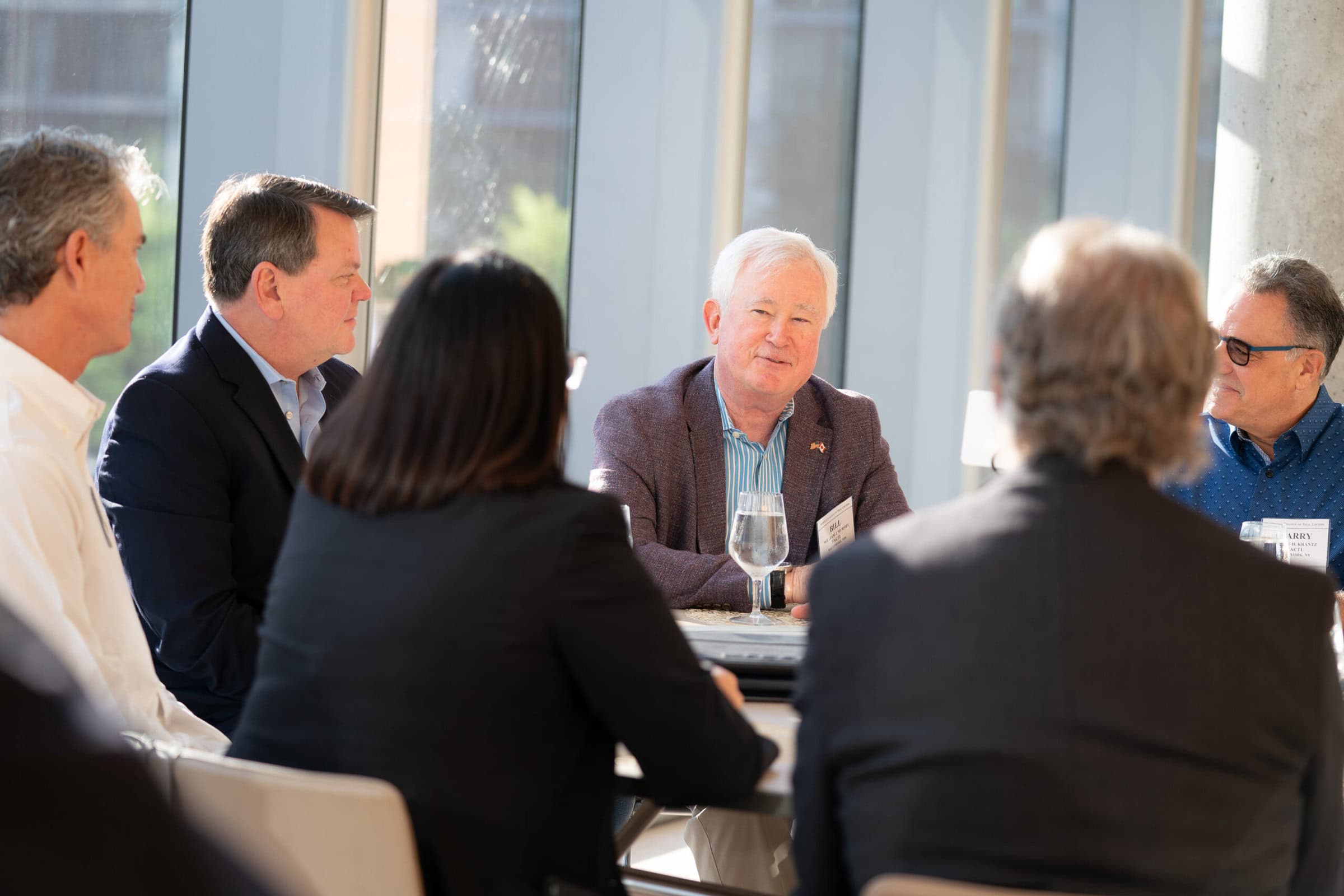Committee FAQs
General Committee
Access to Justice and Legal Services Committee
General Committee
Adjunct Fellowship Committee
General Committee
Admission to Fellowship Committee
State Committee
Alabama State Committee
State Committee
Alaska State Committee
Province Committee
Alberta Province Committee
General Committee
Arbitration Committee
State Committee
